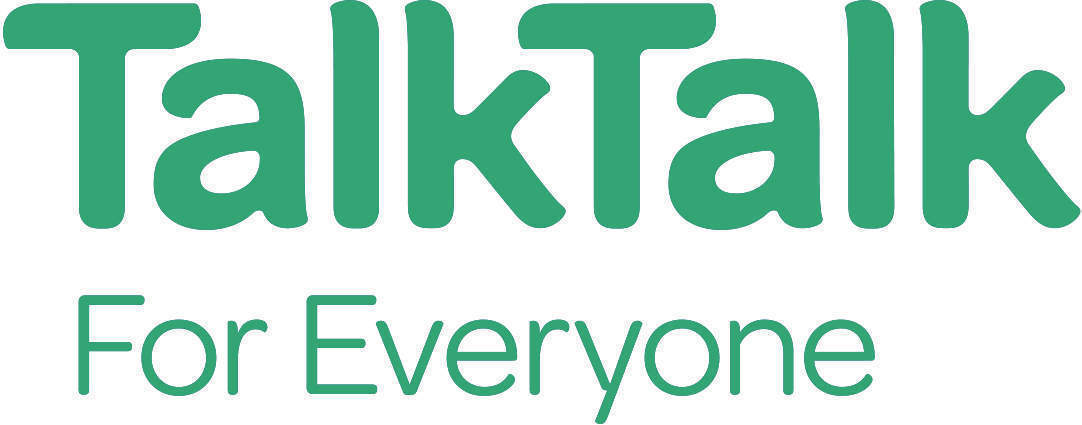
The Covid-19 pandemic has accelerated the launch of technologies that support the vision of a digital-first NHS. From the rolling out of Microsoft Teams for healthcare workers, the release of an app that allows patients to access their health information, book and manage appointments and order repeat prescriptions to the offer of free video conferencing services to GPs, the pandemic has seen an unprecedented uptake of technology in healthcare.
The problem with a digital-first NHS is that it only works if everyone is online. However, while virtually all adults (99 per cent) aged 16-44 in the UK were recent internet users in 2019, that figure drops to 47 per cent among adults aged 75 and over. There is, moreover, a close correlation between digital exclusion and social disadvantage. According to the 2019 Oxford Internet Survey, 95 per cent of those with higher education reported being online, compared to only 36 per cent of those with no educational qualifications. Household income is also a good predictor of internet use; almost all of those earning more than £30,000 a year being online, compared to 60 per cent of those with incomes of less than £12,500.
Unfortunately, older age and social deprivation are key risk factors for diseases such as chronic obstructive pulmonary disease, diabetes and specific cancers that increase risk of severe illness from Covid-19. For such groups, health inequalities may well be exacerbated by increased social isolation and decreased access to health services due to the need to shield. In some cases, innovative solutions have been found, such as offering access to tablet computers as part of a social prescription. In others, limited progress has been made – for example, not all care homes or shelters provide WiFi for their residents.
Better integration across health and social care is also important in enabling better case decision and improved patient experiences. General practice in England is now virtually digitised (though practices use several, nationally available electronic record systems, which are not always linked to other systems). In contrast, many community and social care providers are still operating with paper records. Even within hospitals, digitalisation and interoperability remain key problems.
A study published last year by Imperial College London found that, of 152 acute trusts, 23 per cent were still using paper records. Of those using electronic records, 79 per cent employed one of 21 different commercially available systems and 10 per cent were using multiple different systems within the same hospital. Joined up care requires joined up IT systems.
Yet, a national decision to invest in areas that were already digitally advanced, has exacerbated the digital divide between geographical areas. Areas such as Greater Manchester and London are now galloping ahead with respect to their digital health ecosystems. In contrast, rural and peripheral coastal areas, that have older populations who are more likely to be digitally excluded would appear to be losing out in a digital strategy that is geographically concentrating rather than trickling down.
To use a current policy phrase, some levelling up is required.
Sheena Asthana is professor of health policy and director of the Plymouth Institute of Health and Care Research at the University of Plymouth.



